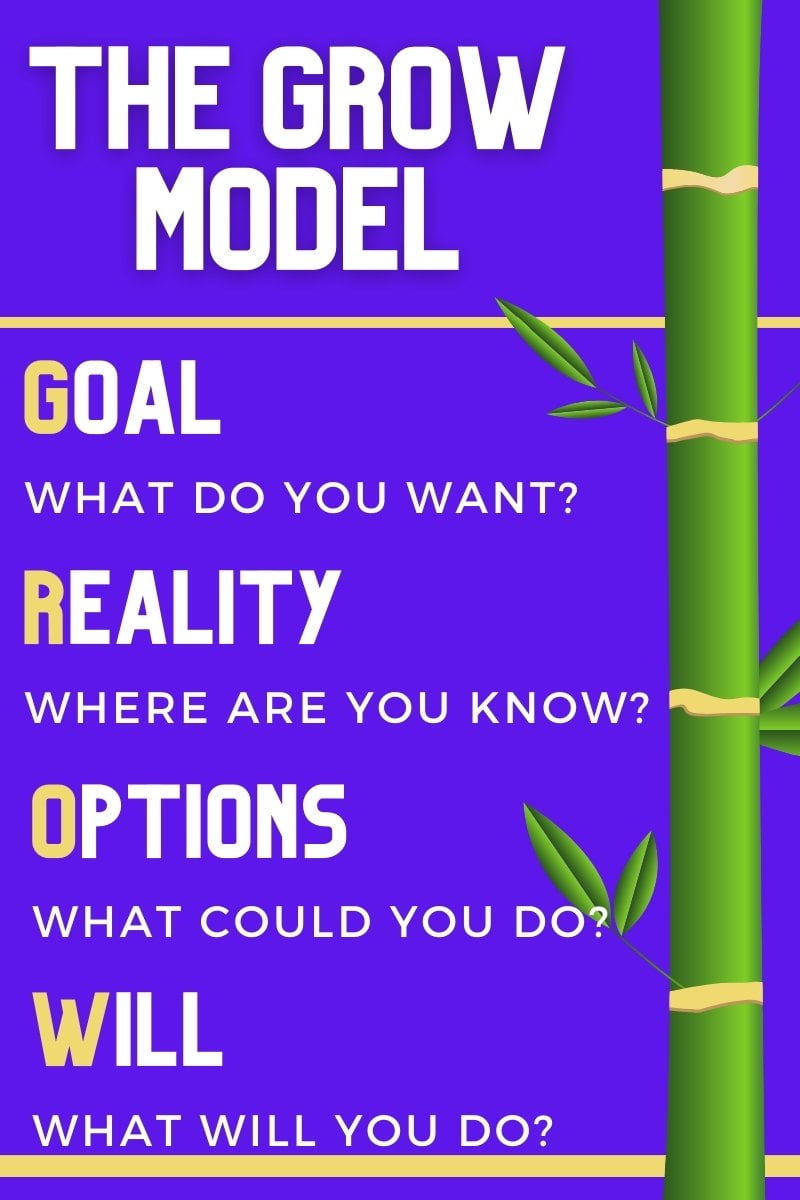Get ready to kick off winter with 7 Bamboos RFC!…

How to Be a Great Coach: The Keys to Build a Winning Culture
Coaching is one of the most important aspects of any sport. The right coach can help a team accomplish great things, while a bad coach can make things worse. In order to be a great coach, it is important to understand what coaching is and what it can do for you and your team. We will discuss the benefits of coaching and identify some common mistakes that coaches make. We will also explore the principles of feedforward coaching and how to use the GROW model to manage conversations with your players. So let’s begin.
What Is Coaching?
Coaching is the process of guiding and supporting athletes to achieve their potential.
Coaches provide instruction, feedback, and encouragement in order to help athletes improve their skills and reach their goals. Good coaching can make a huge difference in the success of a team or individual athlete.
A coach’s role is to help athletes focus on their performance, set goals, and work towards improving their skills. Coaches must also be able to provide support and guidance when things go wrong. They need to build relationships of trust with their athletes to create a positive environment where players can learn and grow.
The Benefits of Coaching
Coaching can have a number of benefits for athletes, including:
1. Improved performance
Coaches can help athletes to improve their skills and achieve better results.
A good coach will have a positive impact on an athlete’s performance. They will be able to provide feedback that leads to improved techniques. They will also be able to help athletes set goals and work towards achieving them.
Coaching can also lead to increased motivation and confidence in athletes. A coach who believes in their players is more likely to get the best out of them.
2. Improved mental health
Additionally, coaching can have a positive impact on an athlete’s mental health. Coaches can provide support and guidance during difficult times, and they can help athletes to deal with stress and anxiety.
A coach who understands the importance of mental health will be able to help their athletes stay healthy both physically and mentally. They will be able to create a positive environment where athletes can feel safe and supported.
3. Improved physical health
Moreover, coaching can lead to improved physical health. A good coach will help athletes to warm up properly, stretch properly, and cool down properly. They will also be able to provide guidance on nutrition and injury prevention.
A coach who understands the importance of physical health will be able to help their athletes stay healthy and avoid injuries. They will be able to create a positive environment where athletes can feel safe and supported.
4. Improved social skills
Coaching can help athletes to develop better social skills. Athletes who are coached by someone who is patient and supportive will be more likely to develop positive relationships with their teammates.
A coach who understands the importance of social skills will be able to help their athletes develop positive relationships with their teammates. They will be able to create a positive environment where athletes can feel safe and supported.
5. Develops Leadership Skills
Coaching can also help athletes to develop leadership skills. Athletes who are coached by someone who is supportive and encouraging will be more likely to develop the confidence to lead their team.
A coach who understands the importance of leadership skills will be able to help their athletes develop the confidence to lead their team. They will be able to create a positive environment where athletes can feel safe and supported.
Coaching Mistakes
There are a few common mistakes that coaches make that can lead to poor performance in their players. These mistakes include:
1. Focusing on the wrong things
Coaches should focus on the things that will have the biggest impact on player performance. They should avoid getting distracted by things that are not important.
A coach who focuses on the wrong things will be less effective at helping their athletes improve their skills. They will also be less likely to build a positive relationship with their players.
2. Being too hard on players
Coaches should be demanding, but they should also be fair. They should avoid being too hard on their players.
A coach who is too hard on their players will be less effective at helping them improve their skills. They will also be less likely to build a positive relationship with their players.
3. Not being patient enough
Coaches should be patient with their players. They should allow them time to learn and improve their skills.
A coach who is not patient enough will be less effective at helping their athletes improve their skills. They will also be less likely to build a positive relationship with their players.
4. Focusing on the wrong goals
Coaches should focus on helping their players achieve the right goals. They should avoid focusing on things that are not important.
A coach who focuses on the wrong goals will be less effective at helping their athletes improve their skills. They will also be less likely to build a positive relationship with their players.
5. Having unrealistic expectations
Coaches should have realistic expectations for their players. They should avoid expecting them to achieve things that are not possible.
A coach who has unrealistic expectations will be less effective at helping their athletes improve their skills. They will also be less likely to build a positive relationship with their players.
Principles of the Feedforward Coaching Approach
The feedforward coaching approach is solution-oriented coaching. The coach and the coachee work together to identify areas of improvement and set goals for the future instead of giving positive or negative feedback.
This approach is future-oriented in that the coach does not talk anything about the past with the athlete rather than working on solutions for the future. The aim is to help athletes focus on their performance and look ahead with a positive attitude.
It gives a specific approach and specific set of instructions instead of general principles to achieve the goals. It resolves any kind of conflict and helps you stay focused.

Use the GROW model to manage a coaching conversation
The GROW model is a simple framework that can be used to manage a coaching conversation. It can be used to help you structure your thoughts and ensure that you cover all the important points.
The GROW model stands for Goal, Reality, Options, and Will.
Goal: The first step is to identify the goal of the coaching conversation. What do you want to achieve?
Reality: The second step is to assess the current situation. What is the reality of the situation?
Options: The third step is to identify the options that are available to you. What are your options?
Will: The fourth step is to identify your will. What do you want to do?
The GROW model can be used to manage any coaching conversation. It is a simple and effective way to ensure that you cover all the important points.
Conclusion
Building a winning culture in sports starts with having the right coach. A great coach is someone who knows how to get the best out of their players and help them improve their skills. They are also someone who is patient and fair and focused on the right goals.
If you want to be a great coach, make sure you use the GROW model to manage your coaching conversations. This simple framework will help you stay focused and ensure that you cover all the important points. And remember, always have realistic expectations for your players. They will appreciate it, and you will be more likely to build a positive relationship with them.
Delve deeper into this topic:
If you want to discover more about coaching and developing a winning culture we recommend this Clive Woodward’s brilliant book:
Winning!: The path to Rugby World Cup glory
Available on Amazon here
#Coaching #winningculture #winning #WinningMentality #WinningTeam #winningmindset #grow







